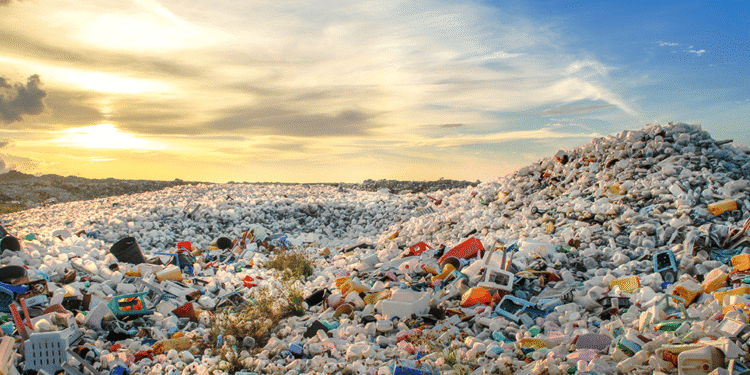UN climate report warns that nations’ pledges would cut emissions by just 10% by 2035, far short of the 60% needed to meet the Paris Agreement goal
UN climate report has revealed that current national pledges would only deliver a 10-per-cent reduction in global emissions by 2035, far below the 60-per-cent cut scientists say is needed to keep global warming within safe limits.
Also read: Lagos leads Africa with bold Climate Change Summit
The estimate, released on Tuesday ahead of next month’s COP30 climate summit in Brazil, paints a troubling picture of slow progress as many major economies missed the deadline to submit updated commitments.
UN Climate Change said it was forced to produce an approximate calculation because most countries had failed to file their official 2035 plans.
The analysis included data from key emitters such as China and the European Union, which have not yet submitted full updates.
UN climate chief Simon Stiell described the figures as a sign that “humanity is now clearly bending the emissions curve downwards for the first time, although still not nearly fast enough.”
The UN climate report echoes warnings from the Intergovernmental Panel on Climate Change, which says global emissions must fall by 60 per cent from 2019 levels by 2035 to maintain a viable chance of limiting warming to 1.5 °C above pre-industrial levels — the more ambitious target of the 2015 Paris Agreement.
UN Secretary-General António Guterres cautioned last week that it was “inevitable” the 1.5 °C threshold would be breached temporarily, triggering severe climate impacts before any later decline in temperatures.
Just 64 of nearly 200 signatories to the Paris Agreement have submitted their new Nationally Determined Contributions (NDCs).
Stiell admitted that the organisation’s official report therefore offered “quite a limited picture”, prompting the broader estimate.
The calculation included the United States’ pre-2025 pledge — made before Donald Trump’s return to the presidency — as well as China’s commitment to a 7–10 per cent cut by 2035 and the European Union’s intention to reduce emissions by up to 72.5 per cent compared with 1990 levels.
With average global warming already about 1.4 °C, many scientists warn that surpassing 1.5 °C is likely within the decade unless nations sharply accelerate their transition away from fossil fuels.
Also read: Dr Joseph Otuagoma urges FG to honour ASUU deal
“We are still in the race,” Stiell said, “but to ensure a liveable planet for all eight billion people today, we must urgently pick up the pace — at COP30 and every year thereafter.”
























